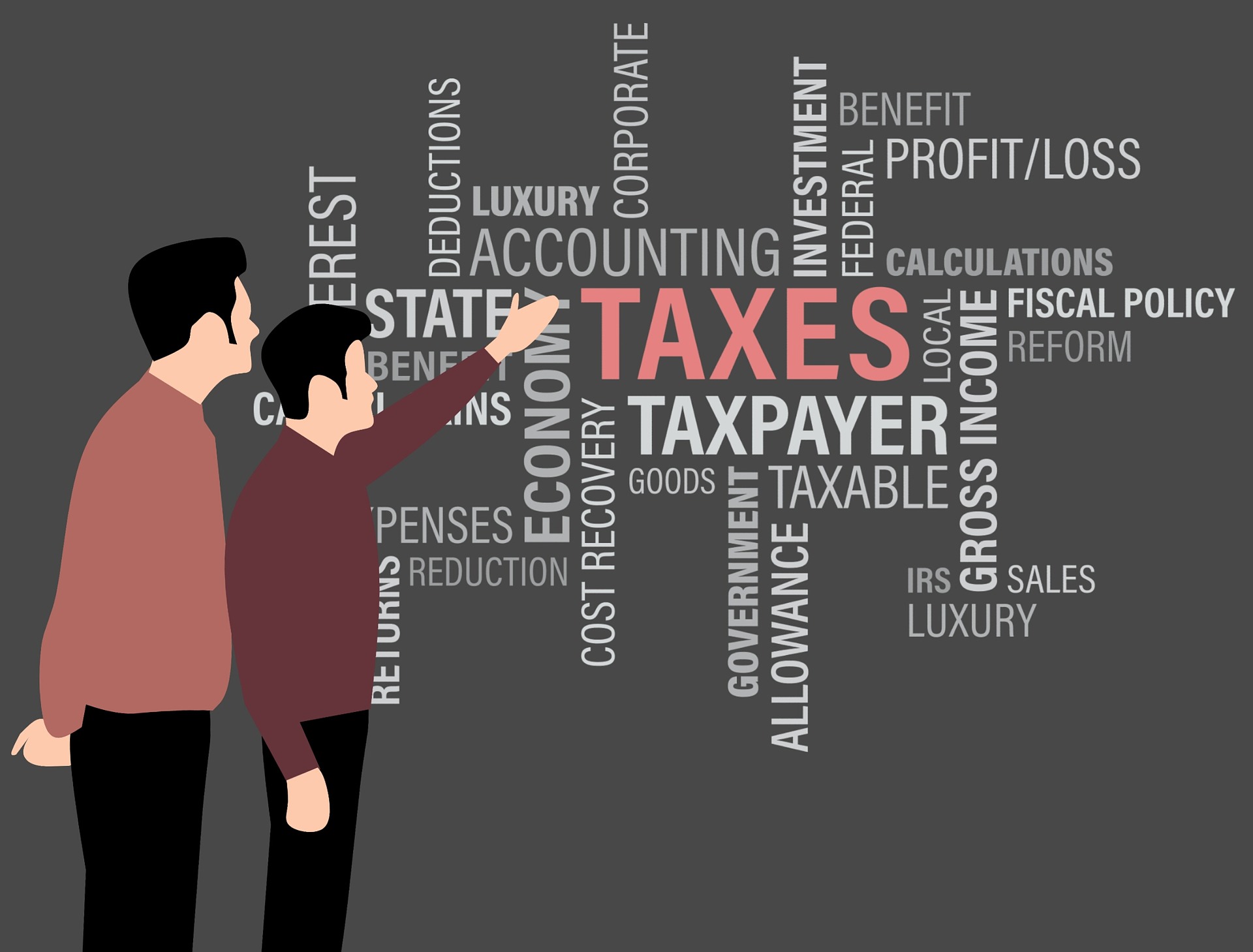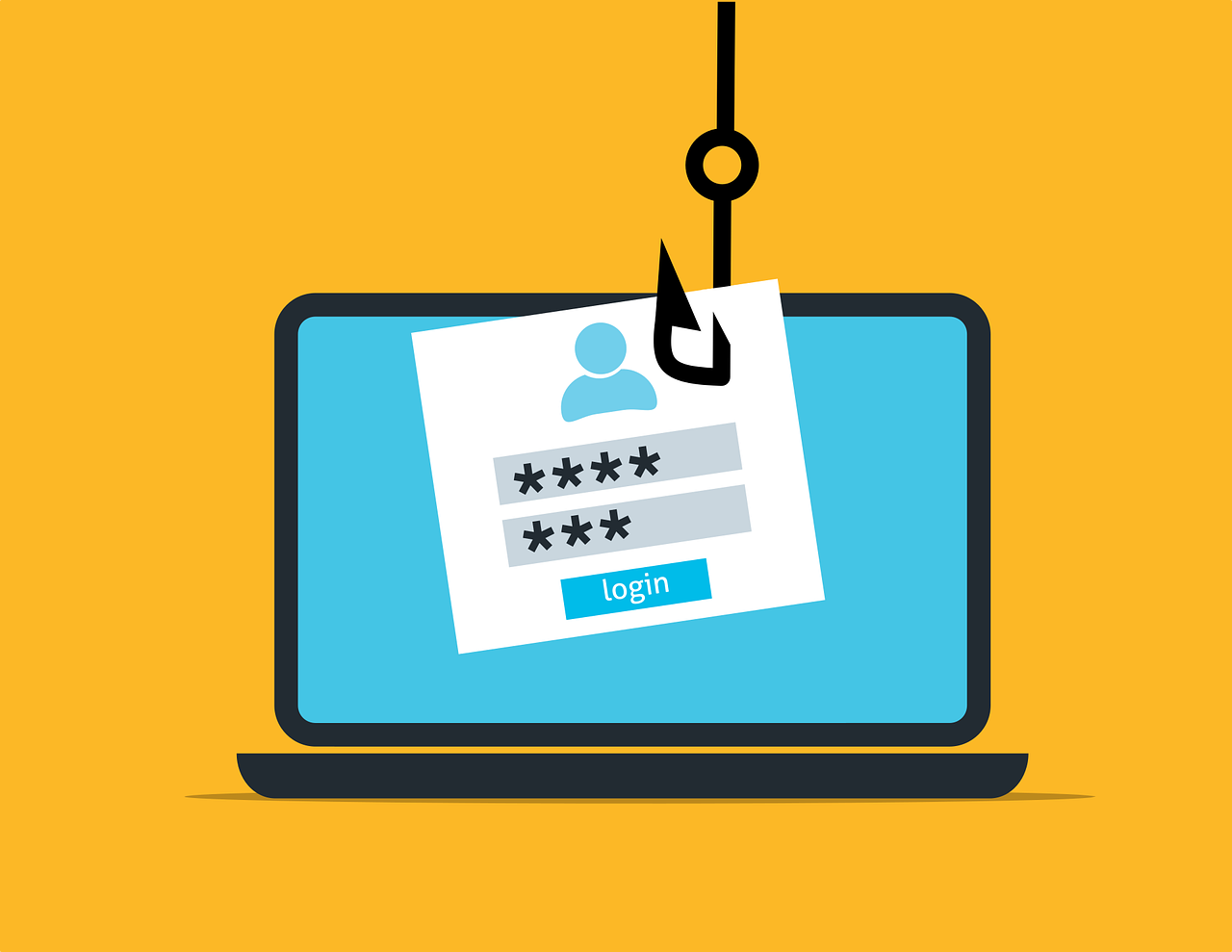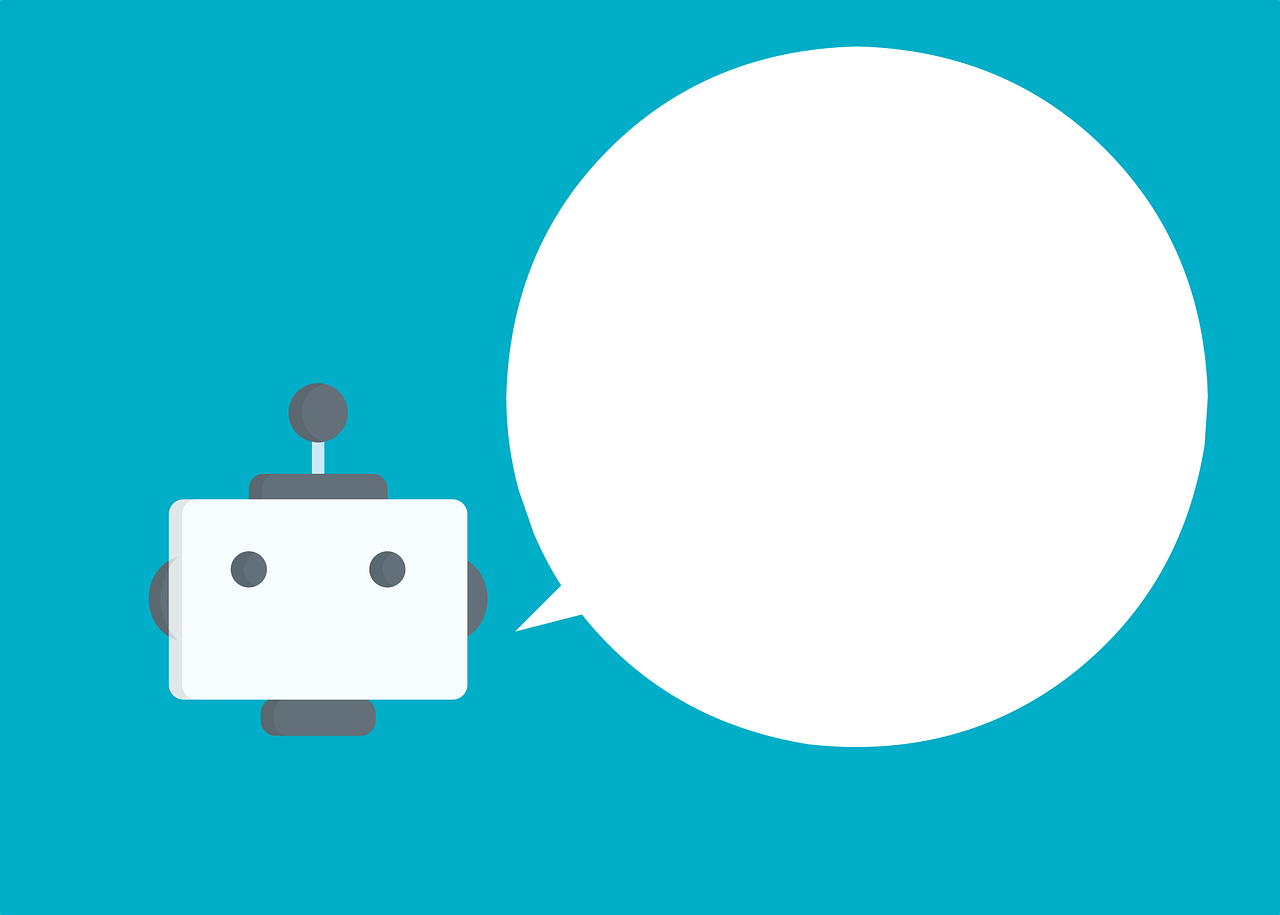Canadians spend more time on the Internet than any other country in the world – about an average of 45 hours per month. This figure may be a bit skewed, however, because in some areas, Internet service is slow. Canadians also watch a lot of videos via the Internet – about 300 views per month per connected household. That’s a lot of video, much of which is from Netflix. It should come as no surprise then, that the federal government has “kicked around” some type of use tax, especially when for-profit video companies may be reducing Canadian television viewing. But that is a Canadian culture issue, and not relevant to the larger discussion of taxing Internet use per se.
The Debate is Only Beginning
As recently as last fall, the CRTC ruled that it would not institute a use tax on Netflix, probably in response to public outcry that, if such taxes were to be levied, not just on Netflix, but, say Google, YouTube, and other content providers, those content providers could conceivably simply cease to serve Canada at all. This is the first conversation about taxing content providers, but the larger conversation is coming. Can Internet services be seen as a source of government tax revenue?
The Debate Began Much Earlier in the United States
Several states in America began to tax Internet services in 1996 – ten of them in all. Ultimately, the federal government stepped in with the Internet Tax Free Act in 1998, a law that halted state and local governments from taxing services, but grandfathered in the 10 states in which such taxes already existed. That law has been renewed every 7 years since, but as local and state governments face revenue pinches, the issue continues to crop up frequently.
The Arguments Are Simple
Proponents of taxing Internet service state that, in doing so, the government can increase its revenue, perhaps earmarking some of that money to improve and support Canadian television and other telecommunications services. This serves all Canadians well.
Opponents argue that the Internet brings a huge amount information and commerce through free public use, and all of that, in fact, brings indirect revenue to taxing bodies already. To institute a tax, especially one based upon use, will indirectly hurt the public and decrease tax revenue.
Other specifics are being whispered about as well. Some think that taxing could be scaled based upon volume of Internet use by individuals and/or households; another quiet discussion speaks to taxing email based upon volume; still another proposal would tax according to the speed of one’s Internet connection. These are all discussions which have not yet reached a level of national interest, but that time will come.
To Tax or Not to Tax – Finding the Balance
The decision to tax will be a difficult one. Does Canada need tax revenue to the point that it is willing to risk a strong public outcry that will most certainly come if Internet service is taxed? If there is one thing people now believe, it’s this: The World Wide Web should be free from taxation. They already pay fees for access, and taxation would be a bit of a bitter pill to swallow. Still, it remains a potentially huge source of intangible tax revenue.
About the author: Julie Ellis – regular blogger for http://www.premieressay.net/. Having a Master’s degree in Journalism and love for traveling, Julie is financed by her freelance writing to investigate and explore exotic places of the world.











